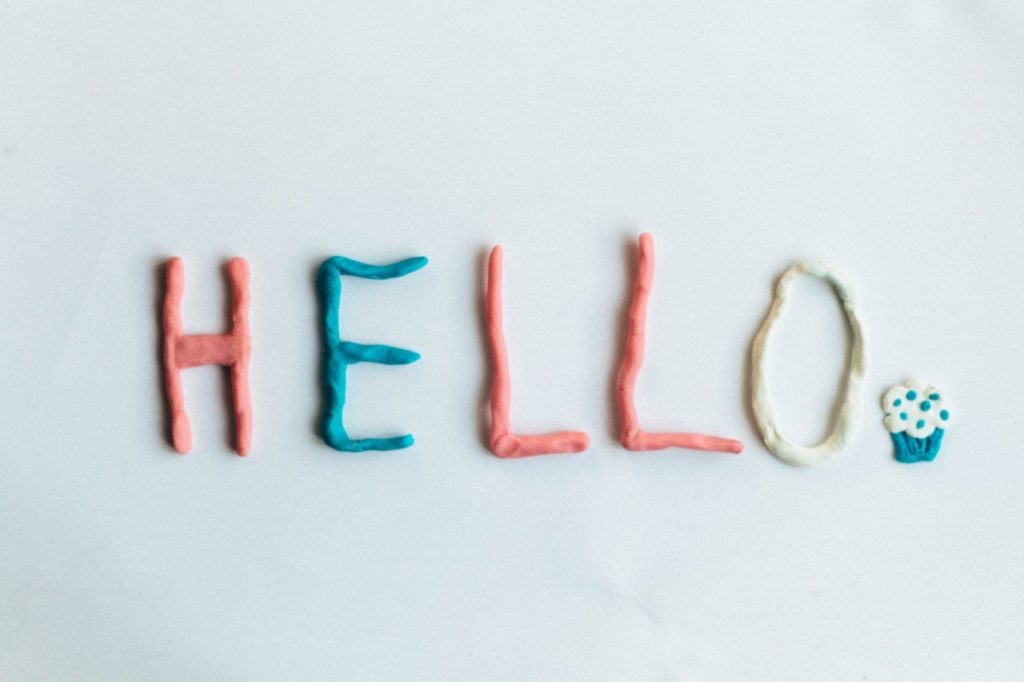Starting as a Scrum Master in a new team is exciting. But it may be also challenging. One of our Scrum Masters would like to share her way of getting to know the team, lessons learned and some helpful hints.
When I started in my first team as a Scrum Master I was a bit lost. I was junior in the role with limited previous experience. So I did not know what should be my first step to start properly. Over time I found my way to get to know the team, the product, the level of scrum and the processes.
Meeting the Product Owner
I usually start with the Product Owner as the first contact from the new team. I get an overview of the product, what are priorities, how the PO operates, how he/she understands Scrum and the role of the Product owner. Then I ask about key stakeholders and collaboration, how they are active and included in Scrum Ceremonies, what are main communication channels, what obstacles the PO faced in the past and which are ongoing. What are the main pain points from the delivery perspective from the PO perspective so I know where should I focus first?
We go through the Backlog and I am curious about prioritisation and overall backlog management from the PO side.
The Sprint reports, Burndown chart and velocity is the main source for me to get first insights on how the team works. At this point, I also ask the PO about his/her understanding of these metrics, estimation understanding, and how to work with the team’s velocity.
We talk about milestones, roadmap, how the team is included in creating the roadmap and how the planning of the roadmap is done.
The last part is focused on setting our cooperation and sharing expectations towards each other. Scrum Master and Product Owner must be partners and support each other in the same vision & mission.
Meeting the team
It is usually in personal sessions with all team members with minimal structure. I introduce myself, my previous experience, what is important for me to know, how I operate, what kind of person I am, what the team can expect from me and what I would like to do as next steps like one’s session with all of them, see the product and how it works, expectations and responsibilities alignment, team days etc.
When I finish my turn and there are no more questions from the team, then I ask them to introduce themselves.
This is a good opportunity to see the team’s dynamic, how they talk to each other, how they react to each other, who is the most vocal one and who prefers just a few words of conversation.
I ask them on what level they see themselves with Scrum, what Scrum ceremonies they have if the daily scrum is really daily when is the preferred time for meetings, and if they prefer remote work or from the office. Basic questions to create an overview of the team and the way they work.
And here again, I ask for their expectations towards Scrum Master. At this time I am not going into much detail as I plan to do a separate session to clarify this. So now I am just curious who answers my question and what are the first things they say.
Next steps
Before closing the session I share my next steps and what the first common meetings could look like. So the next steps are usually:
- Setting up one to one meeting with all team members to get to know each other
- JIRA analyses – previous sprints, velocity, Burn down charts, defects, user stories, patterns in sprints, usage of labels, linkage, filters etc…
- Confluence reading (or any other document source) to understand what can be found here, product details, etc.
- Analyse previous Retrospectives, if existing – this is the main source for getting an overview of issues the team faced before
- Expectations and Responsibilities alignment session
- Working agreement session
During the first Scrum sessions, I mainly observe how things are done, how the team communicate, and what are the patterns and outcomes of sessions. After I share my observations with the team we discuss what they see as the biggest pain point and what should be my focus area.
Last but not least the important thing I’m looking for is an opportunity to go for some out-of-work activity such as going for a beer, a team day, playing board games etc. It is a good starting point to build team spirit.

